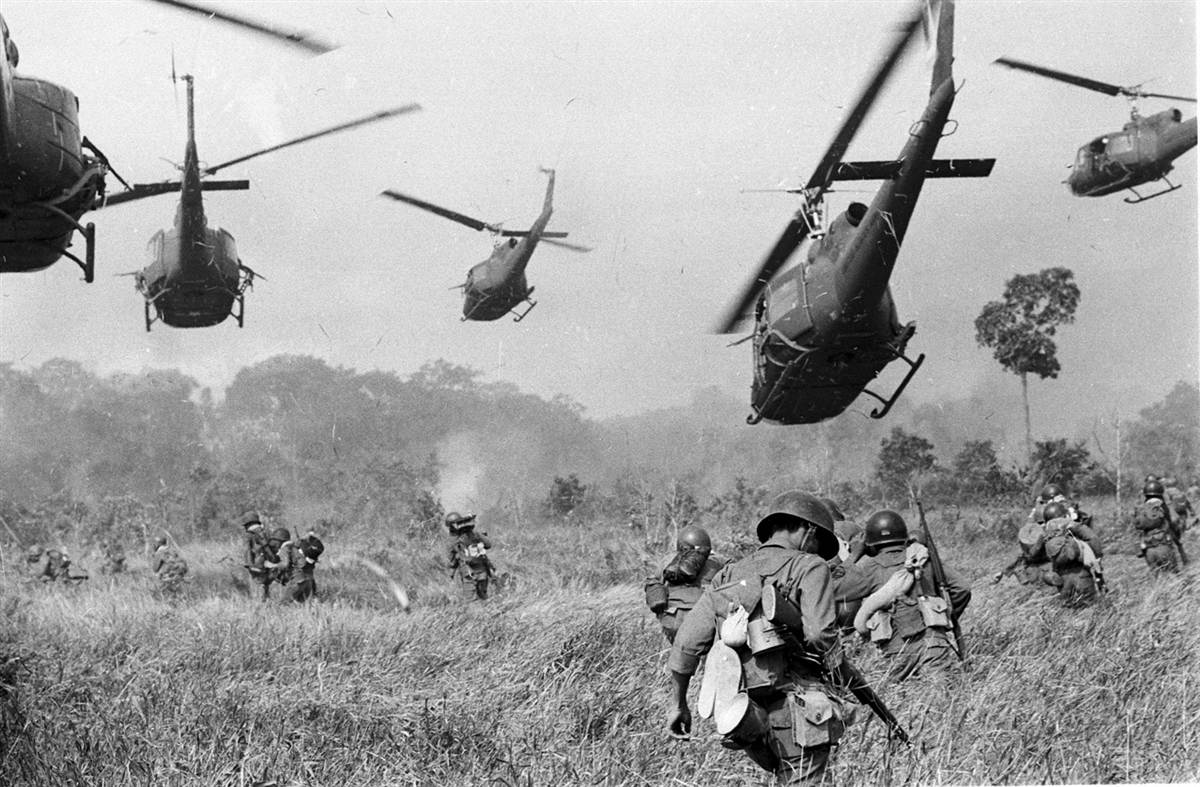[by Mark Safranski, a.k.a. “zen“]

Today is Veteran’s Day. It is a day when Americans remember all of those who served, in peace or war.
Originally, this day was called Armistice Day in honor of the cease fire that came in ” the eleventh hour of the eleventh day of the eleventh month” and brought the horrific slaughter of World War I to an end. This was fitting. The First World War loomed large in the memories of our great grandparents and grandparents the way the Civil War did for earlier generations. It was an ominous touchstone of the nadir of which Mankind was capable until it was thoroughly eclipsed by the subsequent horrors of Nazi barbarism in a Second World War – a conflict that seemed a maturation of the first. In the postwar era, Armistice Day became a national tribute to the sacrifices of all veterans.
This year also marks the fiftieth anniversary of American entry into the Vietnam War.
Historians may quibble with this, as American involvement in Vietnam went back to WWII and OSS agents giving advice to Ho Chi Minh in the jungle war against Imperial Japan and Vichy French puppet colonialists, but 1963 is when “American boys” first went to South Vietnam in real numbers. And many of them were indeed little more than boys. Fifty-eight thousand, two hundred and eighty six of them did not come home.
Those that did are now grown grey with the passage of time.
The Vietnam War caused deeper divisions in the American psyche than any other war except the one that began at Fort Sumter. The wounds have never really healed and they rest inflamed and sore just beneath the scabrous surface of American politics to this day. America has an unenviable historical track record of not treating its veterans very well and those who served in that unpopular war that ended in defeat received on their return home far more than their share of disdain and abuse.
Even the attempt to build a memorial – the now famously cathartic Wall – roiled at the time in a controversy of unimaginable bitterness. The site eventually became a place of pilgrimage, alive with memory of the dead and compassion for the living. This was a good thing but in truth as a nation we could have done far, far better for the men who served in Vietnam than we did.

The best tribute to these veterans of Vietnam that we can make as a people would be to see that the veterans of Iraq and Afghanistan do not repeat the sad experience of their fathers.


